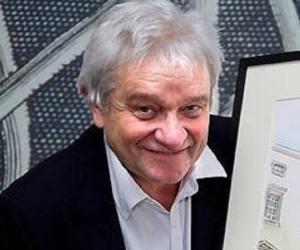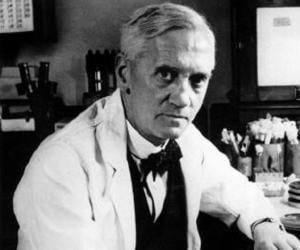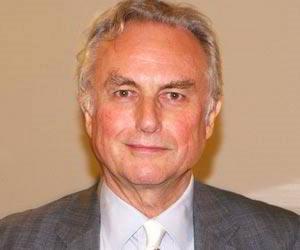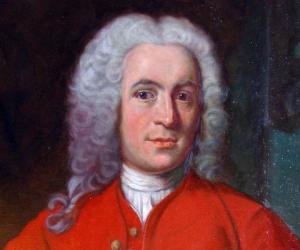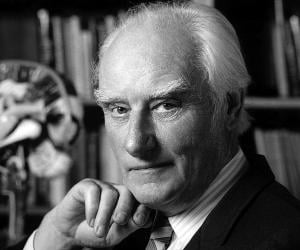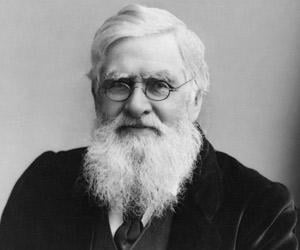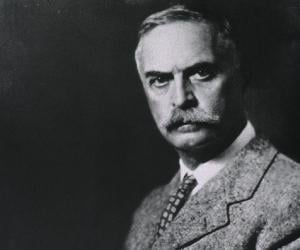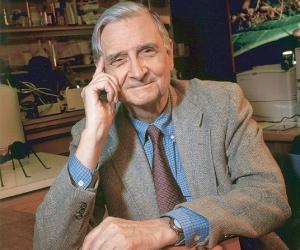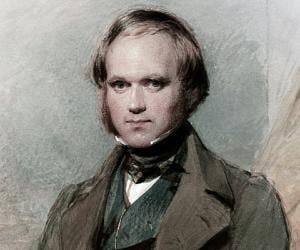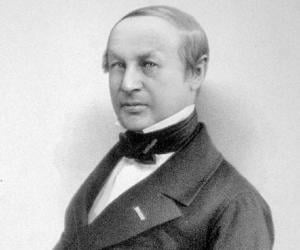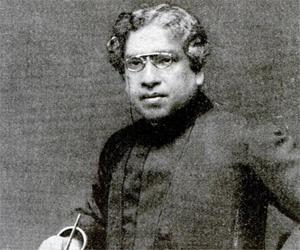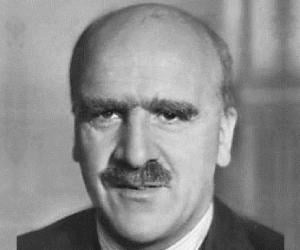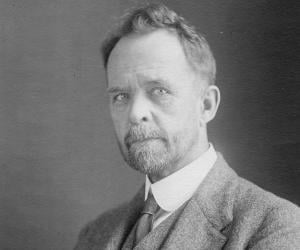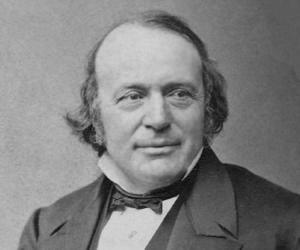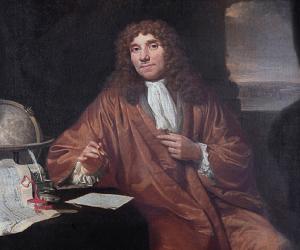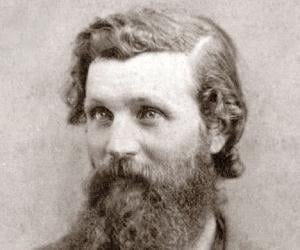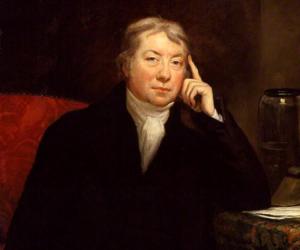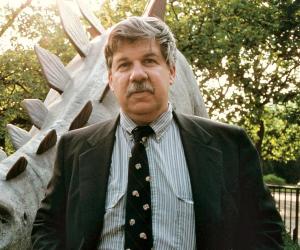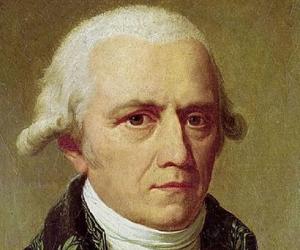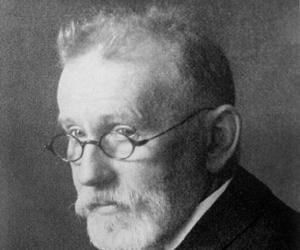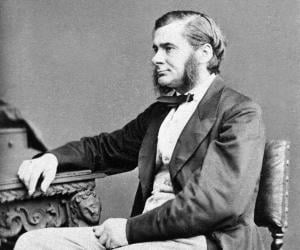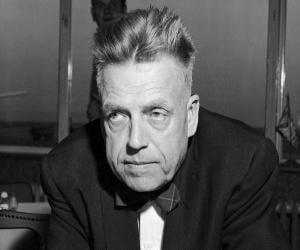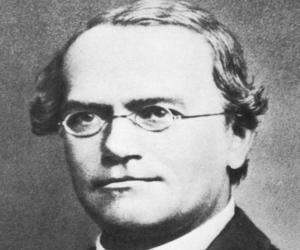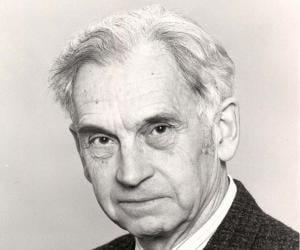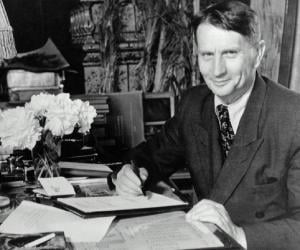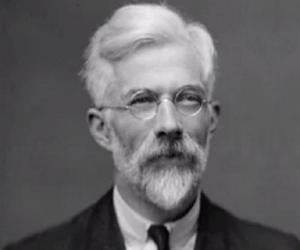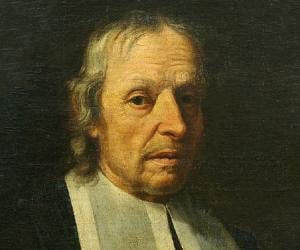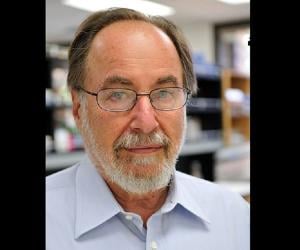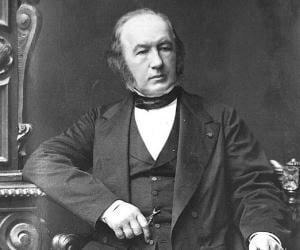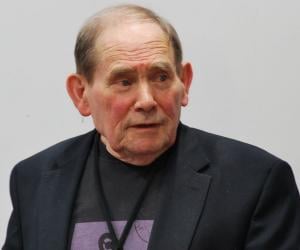Alexander Fleming was a Scottish microbiologist and physician. He is credited with discovering penicillin, the world's first effective antibiotic substance; a discovery that changed the course of history. He also discovered lysozyme, an antimicrobial enzyme which forms part of the innate immune system. In 1999, Fleming was named in Time magazine's 100 Most Important People of the 20th century list.
Richard Dawkins is a British ethologist, author, and evolutionary biologist. He first achieved popularity after publishing his book, The Selfish Gene, which is credited with popularizing the gene selection theory. The book is also credited with introducing the term meme. In 2006, he established the Richard Dawkins Foundation for Reason and Science to promote secularism and scientific literacy.
Swedish botanist and lecturer Carl Linnaeus, who established the concept of binomial nomenclature, or the system of naming organisms, is also known as the father of modern taxonomy. His system of classification is known as Linnaean taxonomy. He was the first to include humans and apes under the header Anthropomorpha.
Nobel Prize-winning British biophysicist Francis Crick is best known for his ground-breaking work to determine the structure of the DNA, along with James Watson, Maurice Wilkins, and Rosalind Franklin. He taught at various institutes, such as the Salk Institute, and was also awarded the Order of Merit.
British naturalist Alfred Russel Wallace is largely remembered for his theory of evolution through natural selection, which inspired Charles Darwin’s studies. He began his career as a surveyor’s apprentice and later introduced concepts such as reinforcement in animals, also known as the Wallace effect. He was awarded the Order of Merit.
Karl Landsteiner was a physician, biologist, and immunologist. He is credited with distinguishing the main blood groups as well as identifying the Rhesus factor. He is also credited with discovering the polio virus along with Erwin Popper and Constantin Levaditi. He won the Aronson Prize in 1926. In 1930, Landsteiner was honored with the Nobel Prize in Physiology or Medicine.
E. O. Wilson is an American naturalist, biologist, and writer. An influential biologist, Wilson has earned several nicknames, such as The Darwin of the 21st century. He has also been referred to as the father of biodiversity and the father of sociobiology. In 1995, he was ranked among the most influential American personalities by Time magazine.
Widely regarded as one of the most influential personalities in the history of mankind, Charles Darwin was an English biologist, naturalist, and geologist. He is credited with publishing the Theory of Evolution, which explains the evolution of life from a unicellular organism to human beings. A prolific writer, Charles Darwin also wrote important books on plants and barnacles.
Theodor Schwann was a German physiologist and physician best remembered for his important contributions to biology. He is credited with discovering the Schwann cells, which is named after him. He is also credited with discovering pepsin and the organic nature of yeast. Theodor Schwann also invented the term metabolism.
Indian physicist, biologist, and plant physiologist Jagadish Chandra Bose revolutionized science with his research on how plants and animals react to external stimuli. He founded the Bose Institute, made pioneering contribution to the field of radio and microwave optics, and also penned one of the first works of Bengali science fiction.
British geneticist J.B.S. Haldane is remembered for his pioneering use of statistics in biology. A proponent of neo-Darwinism, he was the son of physiologist John Scott Haldane and had begun assisting his father at age 8. He later joined the British Communist Party and also moved to India.
Thomas Hunt Morgan was an evolutionary biologist, geneticist, and embryologist. He won the Nobel Prize in Physiology or Medicine in 1933. He worked extensively on the role that the chromosome plays in heredity and demonstrated that genes are carried on chromosomes. In his later career, he established the division of biology at the California Institute of Technology.
Louis Agassiz was a biologist and geologist. He was famous as a scholar of Earth's natural history. Born in Switzerland, he completed his education in Europe and emigrated to USA. He was appointed a professor of zoology and geology at Harvard University. He later founded the Museum of Comparative Zoology at the Lawrence Scientific School.
Seventeenth-century Dutch scientist Antonie van Leeuwenhoek, also known as the Father of Microbiology, is remembered as a pioneer of microscopy. His contribution to microbiology included the discovery of spermatozoa, bacteria, and muscle fibers. Though he had not authored any book, his letters to the Royal Society were later published.
John Muir was a Scottish-American naturalist, environmental philosopher, glaciologist, botanist, zoologist, and author. Nicknamed Father of the National Parks and John of the Mountains, Muir was an influential proponent of the preservation of wilderness in the US. He is credited with co-founding the American conservation organization, The Sierra Club. Muir is considered a hero by many environmentalists around the world.
Edward Jenner was an English scientist and physician. Referred to as the father of immunology, Jenner is credited with pioneering the concept of vaccines. Jenner's work laid the foundation for subsequent discoveries in the field of immunology; his work is believed to have saved more lives than any other work. In 2002, Jenner was included in BBC’s Greatest Britons list.
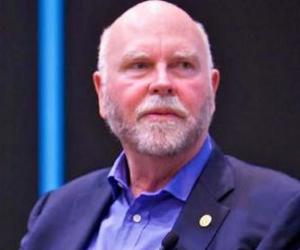
Craig Venter biotechnologist and businessman best known for leading the first draft sequence of the human genome. He is the founder of Celera Genomics and the Institute for Genomic Research (TIGR) and the co-founder of Human Longevity Inc. He received the Dan David Prize for his contribution to genome research and is a member of the American Philosophical Society.
Stephen Jay Gould was an American evolutionary biologist, paleontologist, and historian of science. One of the most widely read and influential authors of popular science, Gould was named a Living Legend in April 2000 by the US Library of Congress. He is also counted among the most frequently cited scientists, as far as evolutionary theory is concerned.
French biologist Jean-Baptiste Lamarck acquired his love for plants while serving as a soldier in the French army. Following an injury, he quit his military career but retained his love for botany. He later taught zoology, studied the classification of invertebrates, and also coined the term biology.
German scientist Paul Ehrlich is remembered for his contribution to immunology, which also won him a Nobel Prize. Known as the pioneer of chemotherapy, he also discovered the first-known treatment of syphilis. Born into a business family, he was introduced to the method of studying cells by his pathologist uncle.
Thomas Henry Huxley was an English biologist and anthropologist. He specialized in comparative anatomy and was a proponent of Charles Darwin's theory of evolution. Despite having little formal schooling, he went on to become one of the finest comparative anatomists of the 19th century. He was the chair of natural history at the Royal School of Mines for 31 years.
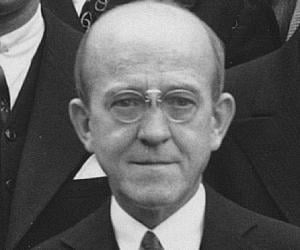
A pioneer of molecular biology, Oswald Avery revolutionized science with his research on the chemical processes involved in immunology. The Canadian-American bacteriologist initially aspired to be a musician. He later proved that DNA was the basis of heredity. Though nominated for the Nobel Prize multiple times, he never won it.
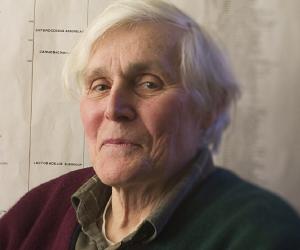
Carl Woese was an American biophysicist and microbiologist. He is credited with originating the RNA world hypothesis as well as pioneering a technique that revolutionized microbiology. In 1992, he was awarded microbiology's highest honor, Leeuwenhoek Medal. In 1995, he was honored with the Selman A. Waksman Award in Microbiology. Carl Woese received the National Medal of Science in 2000.
Alfred Kinsey was an American biologist, sexologist, and professor of zoology and entomology. He is credited with founding the Indiana University's Institute for Sex Research in 1947. Kinsey's research on human sexuality and his other works have influenced cultural and social values in the USA as well as internationally. In 2012, Kinsey was inducted into Chicago's Legacy Walk.
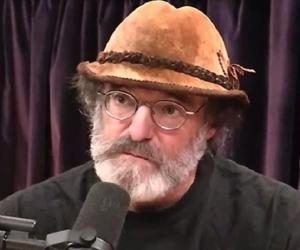
Paul Stamets is an American entrepreneur and mycologist. An ardent supporter of mycoremediation and medicinal fungi, Stamets sells various mushroom products. In 2014, he was honored by the American Association for the Advancement of Science with an Invention Ambassador award. In 2019, he contributed immensely to the creation of a documentary film titled Fantastic Fungi.
A scientist, meteorologist, mathematician, and biologist, Gregor Mendel is considered the founder of the modern science of genetics. He conducted a series of experiments on pea plants between 1856 and 1863, establishing many rules of heredity. Besides his work on pea plants, he also described novel plant species and conducted experiments with hawkweed and honeybees.
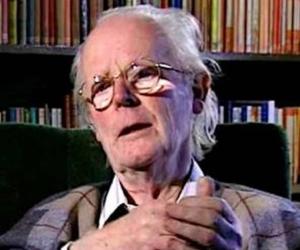
One of the most influential evolutionary biologists of his generation, John Maynard Smith was originally aeronautical engineer. Later, he took a second degree in genetics and did extensive research on subjects like population genetics and evolution of sex. Known for formalizing the central concept in evolutionary game theory, he introduced the evolutionarily stable strategy, impacting a wide variety of studies.

Renowned James Lovelock is best known for propagating the Gaia hypothesis, which states that every living being on planet Earth is part of a single self-regulating superorganism. He is also known for his long association with NIMR, London, and Harvard University and has over 50 patents under his name.
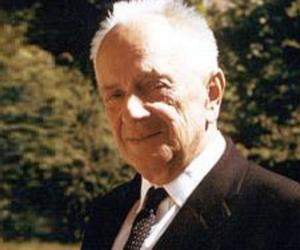
Theodosius Dobzhansky was a Ukrainian-American geneticist and evolutionary biologist. He played a key role in shaping modern synthesis in the field of evolutionary biology. His 1937 book, Genetics and the Origin of Species, is a seminal work on modern synthesis. He was the recipient of several awards, including the US National Medal of Science and the Franklin Medal.

Ernst Mayr was a renowned taxonomist, ornithologist, tropical explorer, historian of science, and philosopher of biology. He was also one of the leading evolutionary biologists of the 20th century. His work contributed immensely to the progression of the biological species concept. Ernst Mayr is also credited with originating the modern philosophy of biology, especially the part concerning evolutionary biology.
Trofim Lysenko was a Soviet biologist and agronomist. Lysenko was one of the most influential supporters of Lamarckism. He also condemned Mendelian genetics and supported Lysenkoism, a political campaign that rejected natural selection. Lysenko used his political power to imprison his critics. Several Soviet scientists, including Nikolai Vavilov, who failed to renounce genetics were either imprisoned or killed.
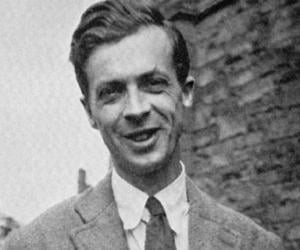
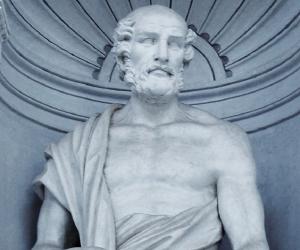
Best known for his works Historia Plantarum, or Enquiry into Plants, and Plant Explanations, botanist Theophrastus hailed from Lesbos in Greece. Acquainted with Plato and Aristotle, he ruled the Peripatetic school for over 3 decades. He has also penned works on metaphysics, history, grammar, ethics, and physics.
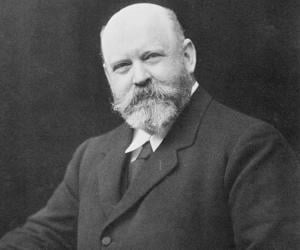
Walter Rothschild, 2nd Baron Rothschild was a British soldier, politician, zoologist, and banker. He is best remembered for his service as the president of the largest Jewish communal organization in the UK, the Board of Deputies of British Jews, between 1925 and 1926. Walter Rothschild also made immense contributions to the field of zoology.
Ronald Fisher was a British polymath, statistician, geneticist, mathematician, and academic. He is credited to have single-handedly created the foundations for modern statistical science. He made important contributions to the field of genetics and is known as one of the three principal founders of population genetics. He was elected to the Royal Society in 1929.
Marcello Malpighi was forced to take up grammatical studies by his father but later earned doctorates in philosophy and medicine. Malpighi revolutionized medical science by discovering things such as taste buds, red blood cells, and the pulmonary and capillary network connecting veins and arteries. Many physiological features bear his name.
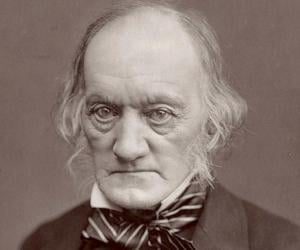
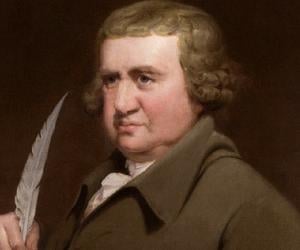
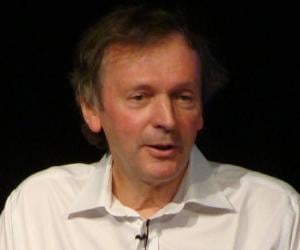
Rupert Sheldrake is an English author best known for his research in the field of parapsychology. He is credited with proposing the concept of morphic resonance, which has been categorized as pseudoscience by mainstream scientists. Rupert Sheldrake is also known for his work encompassing paranormal subjects like telepathy, precognition, and the psychic staring effect.
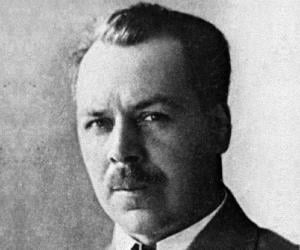
Russian geneticist Nikolai Vavilov not just taught at the University of Saratov but also served as the director of the Bureau of Applied Botany in Petrograd. He made expeditions worldwide, but invited criticism from Soviet agronomist T.D. Lysenko, who was close to Stalin. Vavilov was eventually imprisoned and died in captivity.
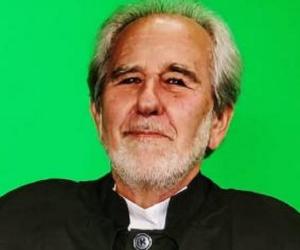
Bruce Lipton is a developmental biologist. He is best known as the author of the book The Biology of Belief, in which he claims that beliefs control human biology rather than DNA and inheritance. He earned a Ph.D. in developmental biology from the University of Virginia and began his academic career. He received the 2009 Goi Peace Award.
David Baltimore is an American university administrator and biologist. He is currently serving as President Emeritus at the California Institute of Technology (Caltech). He won the 1975 Nobel Prize for Physiology or Medicine for his discoveries concerning the interaction between the genetic material of the cell and tumor viruses. In 1999, he was honored with the National Medal of Science.
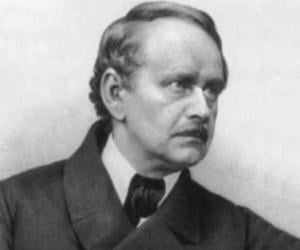
Matthias Jakob Schleiden was a German botanist who is credited with co-founding cell theory along with Rudolf Virchow and Theodor Schwann. He is also remembered for his service as a professor at the University of Dorpat from the mid 1860s.
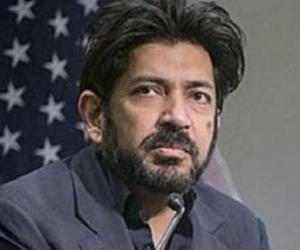
Best known as the author of the Pulitzer Prize-winning book The Emperor of All Maladies and the New York Times bestseller The Gene, Siddhartha Mukherjee is an Indian-American oncologist and a Columbia University professor. He is also a former Rhodes scholar, a Padma Shri winner, and a Stanford alumnus.
Claude Bernard was a French physiologist whose scientific experiments led to several important discoveries. He is credited with coining the phrase milieu intérieur, which refers to the extracellular fluid (ECF) environment. He also pioneered the use of a blinded experiment to eliminate various experimental biases.
Sydney Brenner was a South African biologist who made important contributions to various areas of molecular biology, including the genetic code. Brenner shared the 2002 Nobel Prize in Physiology or Medicine with Sir John E. Sulston and H. Robert Horvitz. Sydney Brenner is credited with founding the Molecular Sciences Institute, which is situated in the United States of America.
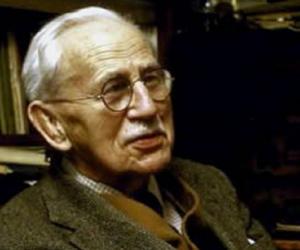
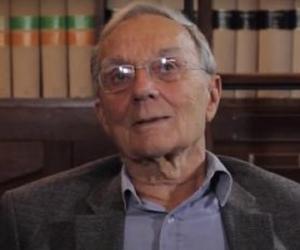
Pierre Joliot is a French biologist best known for his research work at the French National Centre for Scientific Research (CNRS). From 1985 to 1986, he served as the scientific advisor to the then prime minister of France.
